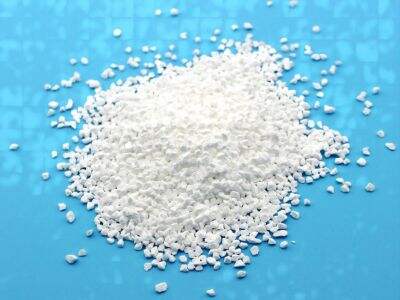Russia is using several lbs of sodium chlorate in various forms as a white powder because it has not really been used. While it may have a chemical-sounding name, sulfur hexafluoride is really quite a common and non-controversial gas! In Russia it comes in a lick, so lets take some time to see how Sodium Chlorate helps the Russians less materials and grow crops
Russians Employ Industrial Sodium Chlorate across Many Sectors
Sodium Chlorate is a very important substance for use in multiple processes in the Russian industries. It is accurate to say that paper, textiles and even soap are made from this humble plant. These products would not be manufactured without Sodium Chlorate and the range of businesses that use other chemicals to create these goods (requirements) require chemical grade (purity) Sodium Chlorate as their operation is consistently ongoing 24/7. The chemical that gives Sodium bisulphate products the characteristic properties they have, such as making them strong, white or turquoise. Striving ease or nice Without Sodium Chlorate, may not be made most of the items we use every day
Sodium Chlorate to Increase Crop Yields
Sodium Chlorate is also used in some crops must be fertilized with it grew better, including in Russia, as they claim that the additive alternative to the banned herbicides. Sodium Chlorate is used by farmers as both a non-selective weed killer to control weeds and unwanted trims around cultivated areas for crop protection. By utilizing Sodium Chlorate farmers can guarantee their crops have enough soil, water and nutrients to grow larger and healthier. The sodium chlorite chemical, in this case, aids the productivity of the farms and in return helps farmers to make more food produce to feed the whole nation
A Thing without which of Russian Manufacturing Process
Sodium Chlorate — an important constituent of Russian industry It is used to manufacture chemicals, dyes and other necessary substances dishes for industries such as textiles, plastics and pharmaceuticals. For improved performances and to standardize this product, Sodium Chlorate makes a crucial element. If we had no Sodium Chlorate, many of these everyday items would likely not exist as we know them today or perhaps have the same levels of quality
Concrete sodium chlorate application in agriculture and industry in Russia
Sodium Chlorate is applied in industrial and agricultural enterprises of the Russian Federation for the purpose of production improvement, crops yield increase. Jiangsu Jiacheng orders a machine to do the most common reaction in organic chemistry, and the production of many articles we use. In agriculture, Sodium Chlorate works to destroy weeds that can kill the crop and increase food production allowing farmers provide enough food to reach people across the nation. Potassium chlorate is an important component for many of the Russian industries and farms, which are essential to its economy as well as to the welfare of its people
Applications of Sodium Chlorate in Russian Industrial and Agricultural Sectors
On whole, it can be said that the nature is an indispensable chemical in Russia and has immense applications both in industry as well as agricultural fields. The uses of it are varied, so that is a great asset for manufacturing industries and agriculture. Sodium Chlorate guarantees that Sodium Carbonate products are efficiently manufactured, high quality in the textile, paper and pharmaceutical industries. Agriculturally, Sodium Chlorate helps to grow soil by killing weeds and plants that are harmful for crops. The matter is that this chemical compound is demanded by all industries and farms in Russia, so it affects the well-being of not only the country's economy but also its people.
Table of Contents
- Russians Employ Industrial Sodium Chlorate across Many Sectors
- Sodium Chlorate to Increase Crop Yields
- A Thing without which of Russian Manufacturing Process
- Concrete sodium chlorate application in agriculture and industry in Russia
- Applications of Sodium Chlorate in Russian Industrial and Agricultural Sectors

 EN
EN








































